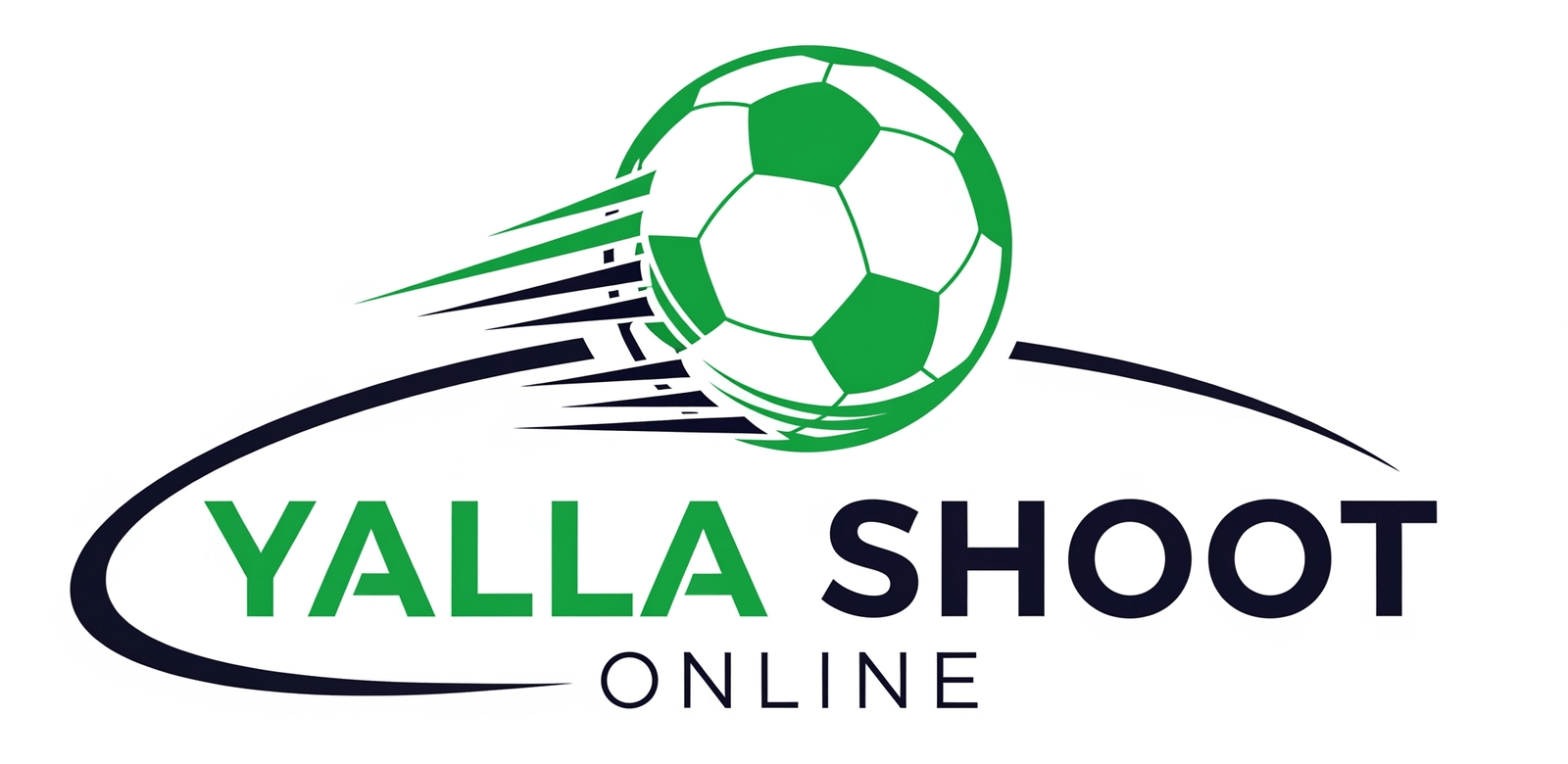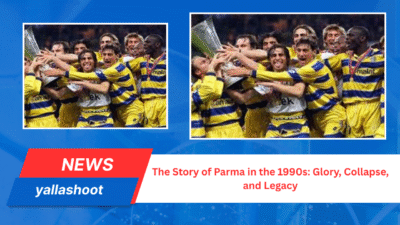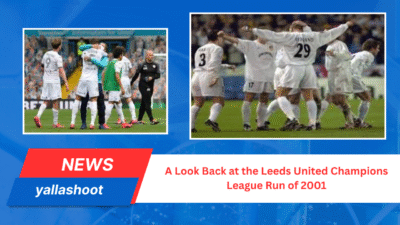Why Do FC Barcelona Have “UNICEF” on the Back of Their Shirts? This is a question that has intrigued millions of football fans around the world, just as many ask about the traditions and sponsorships of other legendary clubs such as Real Madrid’s transfers and results. At a time when most top clubs sell their shirt space to the highest-paying commercial sponsors, Barcelona stood out by choosing to display the logo of a global humanitarian organization. Why would one of the richest and most successful clubs in history give away such a valuable space to a charity, instead of cashing in on millions of euros?
The answer lies in the unique identity of FC Barcelona as more than just a football club. Known by the famous motto Més que un club (More than a club), Barcelona has always tried to project itself as a symbol of values, unity, and social responsibility. Their decision to wear UNICEF’s logo was not only a marketing move but also a strong moral statement that resonated far beyond the football pitch.
This story is not just about sponsorship; it’s about an extraordinary partnership between sport and humanitarian work. It changed the way fans, sponsors, and even rival clubs viewed football shirts. To understand why Barcelona took such a bold decision, we need to look at the history of their partnership with UNICEF, its impact on global communities, and how it has shaped the identity of the club to this day.

The Beginning of an Unlikely Partnership
How Barcelona and UNICEF First Connected
In 2006, FC Barcelona shocked the football world when they announced a groundbreaking deal with UNICEF. Unlike traditional sponsorships, Barcelona did not receive money for wearing the UNICEF logo. Instead, they agreed to donate millions annually to support UNICEF’s global programs for children. This partnership was spearheaded by the Barcelona Foundation partnership, which has always promoted initiatives that combine sport with social responsibility.
The Role of Joan Laporta in Sealing the Deal
Former club president Joan Laporta played a critical role in forging this partnership. At a time when the club could have signed lucrative commercial deals, he chose to prioritize values over revenue. This bold decision reinforced Barcelona’s identity as a socially conscious institution, a football club that cared about humanity as much as trophies.
Why Did Barcelona Choose UNICEF Instead of a Traditional Sponsor?
Social Responsibility in Football and Barcelona’s Vision
Unlike most clubs that prioritize commercial gain, Barcelona believed that wearing the UNICEF logo reflected their commitment to global responsibility. It positioned the club as a leader in promoting social responsibility in football, paving the way for a new model of shirt sponsors rooted in compassion rather than pure business.
A Symbol Beyond Money: The Power of a Logo
The UNICEF logo on the iconic Blaugrana shirt was more than a design—it became a symbol of hope. Every time fans saw it on the pitch, they were reminded of the club’s mission to make the world a better place. This move also enhanced Barcelona’s brand worldwide, proving that sport could be a platform for social change.
The Impact of the Barcelona Foundation Partnership
Projects Funded by the Collaboration
Through the Barcelona Foundation partnership, millions of euros were invested in education, health, and protection programs for vulnerable children across Africa, Asia, and Latin America. This partnership went far beyond symbolic gestures—it delivered real, measurable results that improved lives globally.
How UNICEF and Barça Changed Lives Globally
From providing schools in underprivileged areas to funding vaccination programs, the impact of this partnership was undeniable. It gave Barcelona fans a deeper sense of pride, knowing that supporting their club indirectly meant supporting children worldwide.
Charity Shirt Sponsors: Changing the Game of Football Marketing
How Barcelona Inspired Other Clubs to Follow
After Barcelona’s decision, other clubs and organizations began exploring partnerships with charities. For instance, some clubs wore temporary charity logos during matches played at iconic venues such as the best football stadiums. This trend highlighted the growing importance of linking football with global causes.
The Financial vs. Moral Debate
Of course, not everyone supported the move. Critics argued that Barcelona was sacrificing much-needed revenue. However, the moral victory outweighed the financial loss. The club’s identity grew stronger, and fans admired the fact that their team prioritized values over money.
The Evolution of Barcelona’s Shirt Sponsorships After UNICEF
From Qatar Foundation to Rakuten: A New Era
Eventually, Barcelona signed commercial deals with sponsors such as the Qatar Foundation and Rakuten. However, UNICEF never disappeared from the shirt. Instead, the charity logo was moved to the back, near the player’s number, ensuring that the partnership remained visible.
Why UNICEF Still Remains on the Shirt Today
Even as new sponsors came and went, UNICEF remained part of Barcelona’s fabric. It symbolizes continuity, showing that the club has not abandoned its original commitment to charity. Fans continue to celebrate this enduring partnership as proof of Barça’s unique values.
Global Recognition: What UNICEF on Barcelona’s Shirt Symbolizes
Building a Brand of Compassion and Responsibility
Barcelona’s association with UNICEF enhanced their reputation as a compassionate global brand. It wasn’t just about winning titles; it was about representing values that inspire people around the world.
The Role of Fans in Supporting the Cause
Fans also became active participants. Many used football apps to follow the latest campaigns, bought charity-themed merchandise, and supported initiatives promoted by the club. This made the fanbase a global movement of solidarity.
Comparing Barcelona’s UNICEF Partnership with Other Clubs
Real Madrid and Their Commercial Strategy
While Barcelona focused on charity, Real Madrid pursued traditional sponsorship models, maximizing commercial revenue. This difference highlighted the unique identity of each club. You can see this approach in football apps which showcase a strategy driven by financial strength.

How AC Milan and Liverpool Chose Different Paths
Clubs like AC Milan and Liverpool have occasionally supported charities but mostly through temporary campaigns. None matched the long-term commitment Barcelona showed with UNICEF.
The Broader Lesson: Social Responsibility in Football
Why Clubs Must Think Beyond Commercial Profit
Barcelona’s story shows that football clubs have a responsibility beyond profit. They have a global platform that can bring awareness to humanitarian causes.
Future of Charity Partnerships in Global Football
With innovation in football technology, clubs are finding more creative ways to spread awareness. The future may see more charity shirt sponsors, with fans increasingly valuing social impact. Barcelona’s pioneering role will always be remembered as the beginning of this movement.
FAQs About Barcelona and UNICEF
Q1: When did Barcelona first wear the UNICEF logo on their shirts?
They first wore the UNICEF logo in 2006, marking the start of a historic partnership.
Q2: Does Barcelona still have UNICEF on their shirts today?
Yes, the UNICEF logo still appears on the back of Barcelona’s shirts, near the player’s number.
Q3: Did Barcelona pay UNICEF, or did UNICEF pay Barcelona?
Barcelona donated money to UNICEF each year; this was not a commercial deal.
Q4: How much money did Barcelona give to UNICEF?
They committed to donating around €1.5 million annually to support UNICEF’s programs.
Q5: Did other clubs copy Barcelona’s model?
Some clubs promoted charities temporarily, but none created as strong or lasting a partnership.
Conclusion: A Partnership Written in Football History
The answer to Why Do FC Barcelona Have “UNICEF” on the Back of Their Shirts? is rooted in values, not finances. It was a groundbreaking decision that demonstrated how football can serve humanity, not just entertainment. The partnership between Barça and UNICEF remains one of the most iconic examples of social responsibility in sport, inspiring clubs and fans across the world.
By combining the passion of football with the mission of a global charity, Barcelona proved that a logo on a shirt can mean far more than sponsorship—it can symbolize hope, compassion, and a better future for millions of children.










